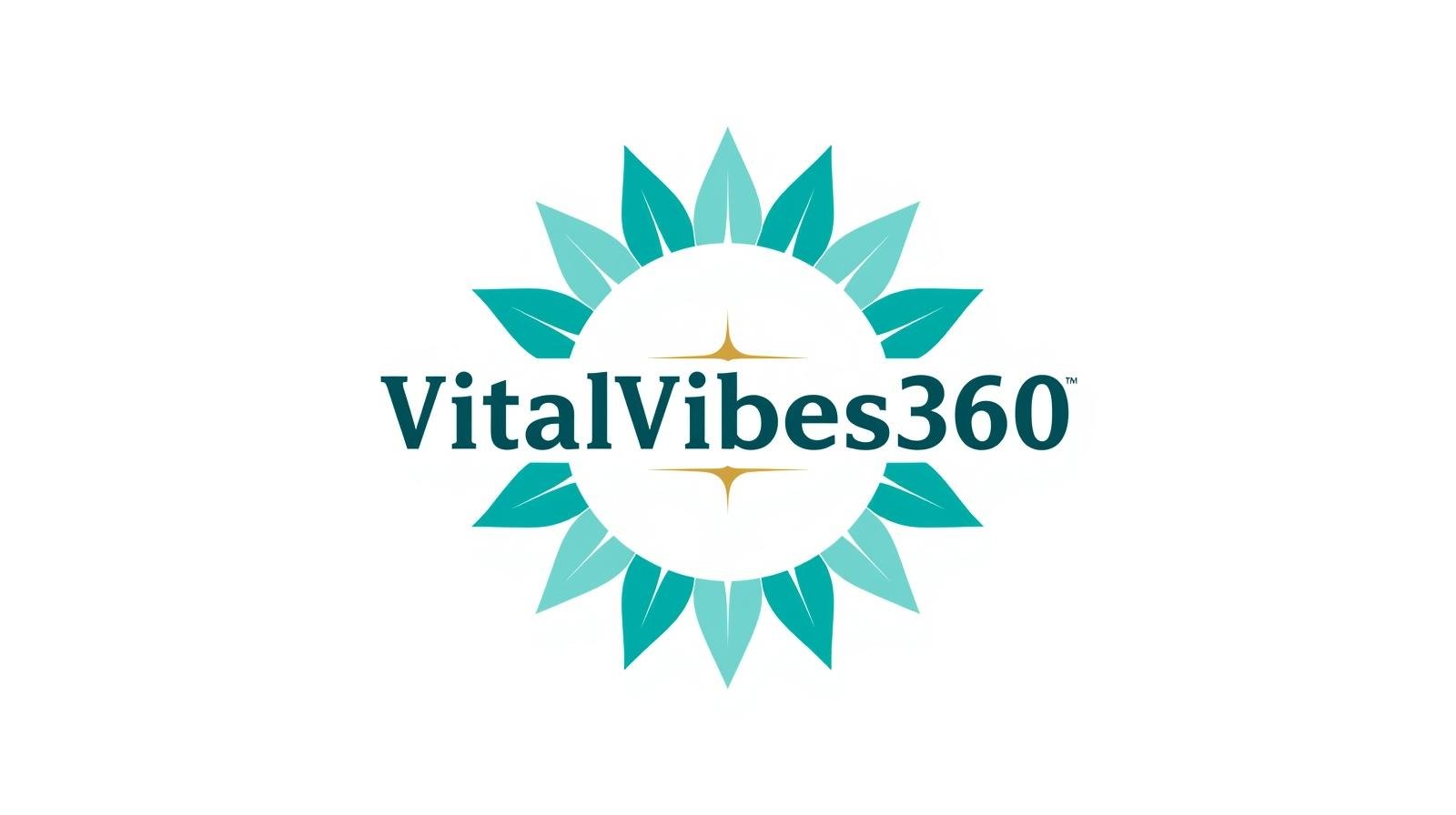The Science of Productivity
Ever wonder why some days you power through your to-do list while others leave you staring blankly at your screen? The difference isn’t magic—it’s neuroscience. Behind your productivity lies a fascinating interplay of brain chemistry, environmental factors, and behavioral patterns that scientists have been decoding for decades.
Your Brain’s Productivity Control Center
The prefrontal cortex—your brain’s command center for focus and decision-making—runs the productivity show. When it’s functioning optimally, you experience that satisfying state of flow where work feels effortless. But this brain region is remarkably sensitive to everything from sleep quality to your morning coffee.
The Myth of Multitasking
Despite what many productivity gurus claim, cognitive research consistently shows that multitasking is largely an illusion. What feels like doing multiple things simultaneously is actually rapid task-switching—and it comes at a steep cognitive cost. Each switch depletes neural resources and can reduce productivity by up to 40%.
The Ultradian Rhythm Revolution
Your brain naturally operates in cycles of high and low energy—typically 90-minute bursts followed by necessary recovery periods. These ultradian rhythms explain why forcing yourself to concentrate for hours without breaks eventually becomes counterproductive. Working with these natural cycles rather than against them can dramatically boost output.
Environment Shapes Performance
The spaces we work in directly impact cognitive function. Studies show that even small environmental factors—like ambient temperature, noise levels, and natural light exposure—can significantly affect working memory and creative problem-solving abilities. Your productivity struggles might be architectural, not personal.
The Dopamine-Productivity Connection
Dopamine—the neurotransmitter associated with pleasure and reward—plays a crucial role in motivation and focus. When your brain anticipates the satisfaction of completing tasks, dopamine increases, creating momentum. This explains why breaking large projects into smaller, achievable milestones makes overwhelming work manageable.
Sleep: The Productivity Superpower
Perhaps no factor influences cognitive performance more dramatically than sleep. A single night of poor sleep can reduce attention spans, impair decision-making, and diminish creative thinking. Counterintuitively, working fewer hours but prioritizing quality sleep often results in greater overall productivity.
The Science of Getting Started
Starting is often the hardest part of any task due to activation energy—the initial hurdle your brain must overcome. Research shows that the “two-minute rule” (committing to just two minutes of work) effectively tricks your brain past this barrier by making the activation energy negligible.
Understanding the science behind productivity isn’t just intellectually satisfying—it’s transformative. By aligning your work habits with your brain’s natural tendencies rather than fighting against them, you can achieve more while experiencing less mental fatigue. The most effective productivity system isn’t about superhuman willpower—it’s about working intelligently with your brain’s inherent capabilities.



